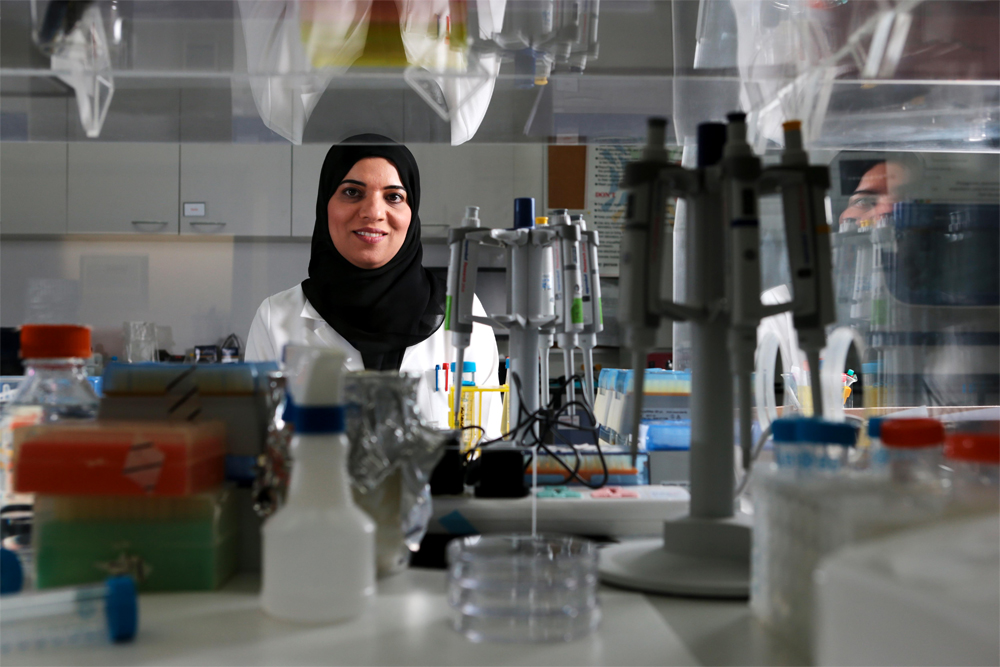
For the past three years, Saudi Arabia has seen an increase in scientific publications by 91%, a milestone that is linked to the increase in female leadership in scientific fields. The publications touch on analyses, findings, and theories by experts in various scientific fields, which includes medicine, engineering, computer science, and technology.
The announcement was made by the Kingdom's Ministry of Education as it marked International Day of Women and Girls in Science earlier this week. This comes as Saudi Arabia has been working to develop its scientific fields and research, hence following the development goals set by Vision 2030.

Every year, many more women are taking up leadership roles in various industries. This includes the many scientific fields in the Kingdom, a goal that the Ministry of Education has been keen to fulfill. In fact, this is made possible thanks to ongoing reforms set by royal decree, which allows women to seek employment, as well as processing their own documents, accessing public transportation, choosing residency, among other benefits.
But, perhaps, we should also take a look at the many achievements set by the Kingdom's universities. As of the first quarter of 2021, it was reported that more women than men attended universities across the Kingdom, putting the number at 58%. According to the Ministry of Education, female students made up the majority of graduates obtaining bachelor's degrees in biology, information technology (IT), mathematics, physics, and statistics.Meet Dr. Elaf Ahmed from Aramco, the Saudi woman in STEM setting an example for others. She immersed herself in science from a young age, going on to earn a doctorate in Environmental Science and Engineering.
— About Her (@AboutHerOFCL) June 4, 2020
Get to know the incredible lab scientist here: https://t.co/hCV22q6jXn pic.twitter.com/SHYJRBJ6d5
Currently, many of the universities have launched initiatives to empower female students in science, which is aimed at allowing more women to help build Saudi Arabia's development and research capabilities. In turn, the Kingdom hopes that this will benefit society as part of its Vision 2030 goals.

















